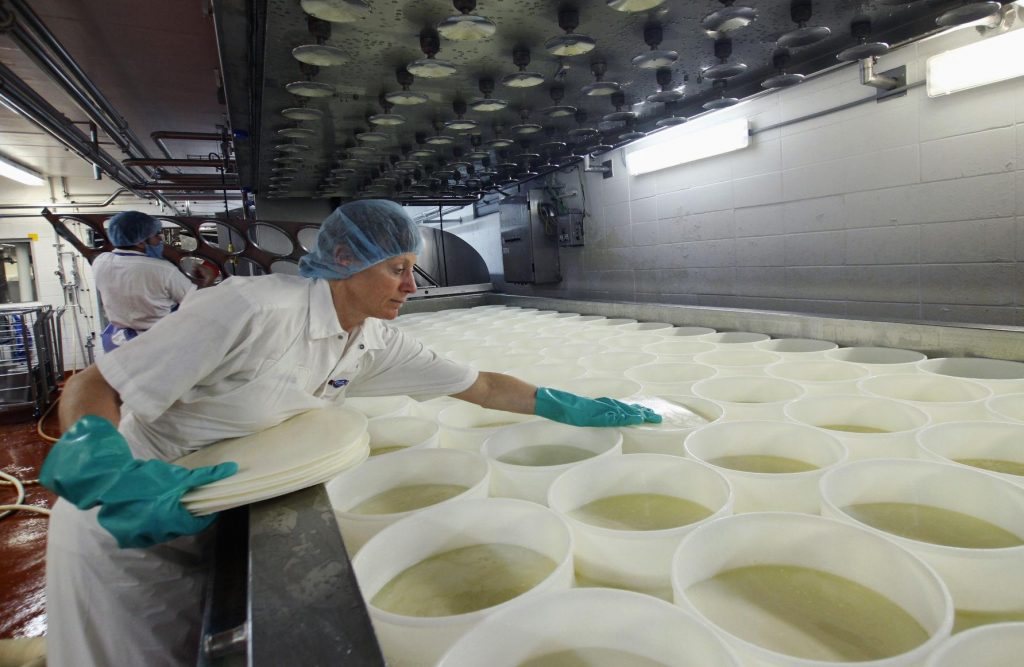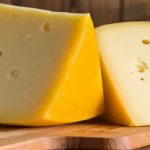
U.S. dairy groups welcomed Tuesday’s announcement that the U.S. and the European Union agreed to a five-year suspension of tariffs related to subsidies in the Boeing-Airbus cases before the World Trade Organization but say more work needs to be done to prevent disruptions in U.S. dairy exports to the EU.
“The U.S. needs a holistic approach to Europe’s continued attempts to disrupt international trade so that our exporters have a dependable and more reasonable playing field on which to compete,” said Krysta Harden, president and CEO of the U.S. Dairy Export Council.
The European Commission published new certification requirements at the end of 2020 for a wide range of food products, adding confusing and vague requirements that threaten to upend U.S. dairy exports to the EU, according to the export council and National Milk Producers Federation.
The mandates seek to force the U.S. to change its regulatory system to match the EU’s standards, the groups said.
Those changes are set to take effect on Aug. 21.
“U.S. exporters continually have to chase new mandates by the European Union to retain our current access, even when there are no safety concerns with American dairy products,” said Jim Mulhern, National Milk’s president and CEO.
“Too often dairy trade with the EU is a one-way street,” he said.
The EU’s frequent approach is to mandate prescriptive procedures that cause U.S. dairy exporters to make time-consuming changes just to retain access to that market, he said
The EU’s efforts to impose its own process-focused regulations on trading partners run counter to its international commitments and appear designed simply to layer added cost and complications upon imported products to discourage trade, the groups said.
“To continue to move transatlantic trade relations forward, the EU’s underlying approach to agricultural trade must change,” they said.
On Monday, Reps, Ron Kind, D-Wis.; Jackie Walorski, R-Ind.; Jim Costa, D-Calif.; and John Katko, R-N.Y., wrote to EU Ambassador to the U.S. Stavros Lambrinidis calling on the EU to delay implementation of the new certification requirements until U.S. and EU negotiators can reach a mutually agreed-upon solution.
The lawmakers said they are concerned with the inflexibility the EU has maintained regarding the new requirements for U.S. exports of food and agriculture products, including meat and dairy.
“Currently, European policy makes exports of these products extremely difficult while EU member states enjoy robust access to the U.S. market,” they said.
They pointed out that U.S. dairy exports to the EU total about $100 million annually, less than one-tenth of annual EU dairy exports to the U.S.
“If the EU wants to steer its trade relationship with the U.S. toward stronger ground, it should start by changing its plan to choke off access for dairy and other products later this summer,” Harden said.
























